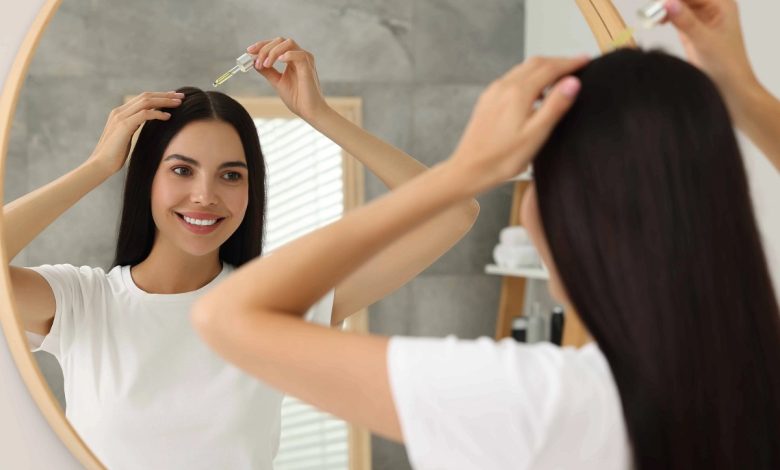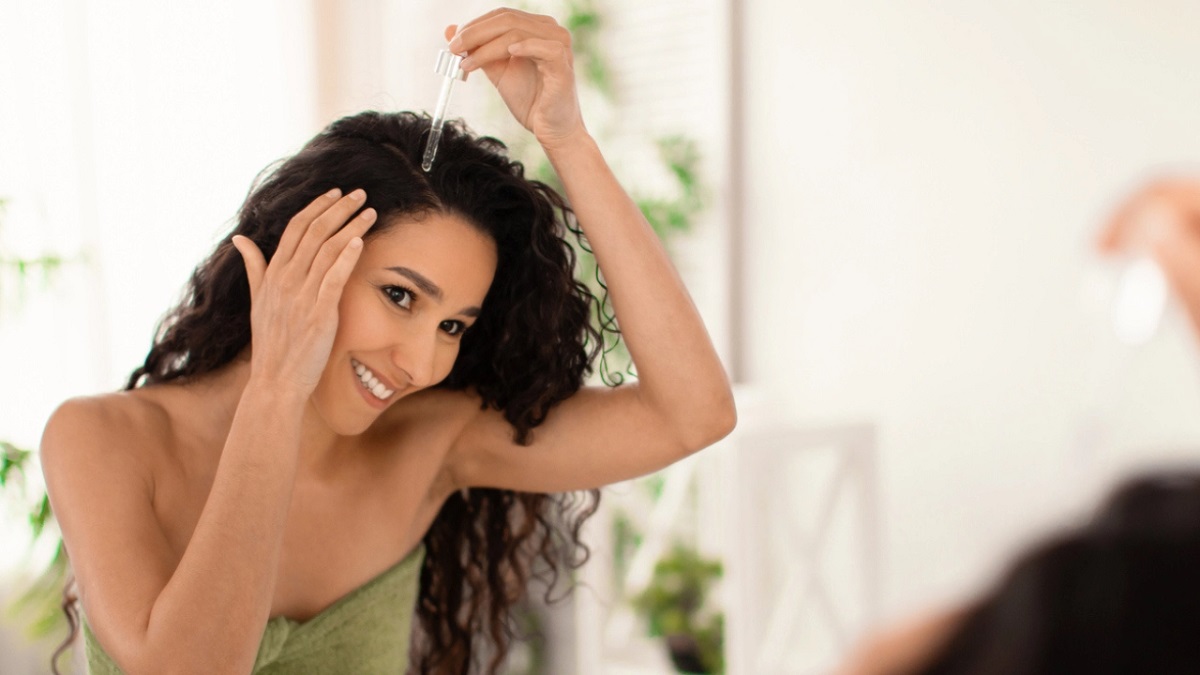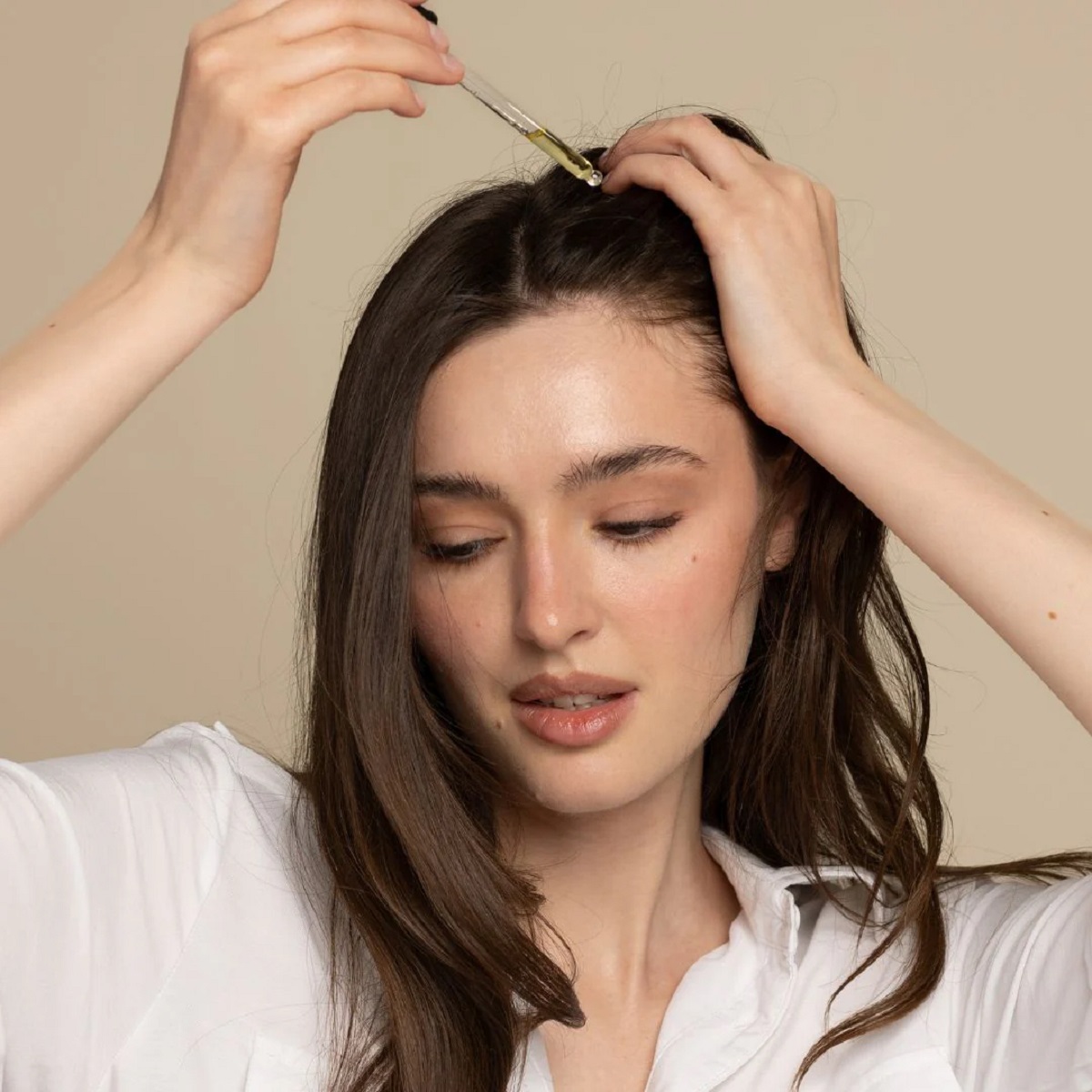Hydrating A Damaged Scalp And Hair: The Key To Healthy Hair Care

Damaged Scalp And Hair: Hair health is closely tied to the condition of the scalp, and maintaining proper hydration is crucial for both.
A dry, damaged scalp can lead to issues such as dandruff, itchiness, and hair loss, while dehydrated hair may appear dull, brittle, and prone to breakage. To restore the health and vitality of both the scalp and hair, a targeted approach focusing on hydration is essential.
Damaged Scalp And Hair, In this article, we will explore the causes of scalp and hair dehydration, the signs of damage, and effective methods for hydrating and revitalizing them. From understanding the importance of moisture balance to choosing the right products and treatments, this comprehensive guide will help you bring your hair back to life.
Hydrating A Damaged Scalp And Hair
Causes Of Scalp And Hair Dehydration

Damaged Scalp And Hair, Dehydration of the scalp and hair can be caused by various factors, ranging from environmental conditions to improper hair care practices. Some of the primary causes include:
Overuse Of Heat Styling Tools: Regular use of hair dryers, straighteners, and curling irons can strip the scalp and hair of natural moisture. The high temperatures damage the hair cuticle and cause water loss, leaving hair dry and brittle.
Harsh Chemical Treatments: Hair dyes, perms, and chemical relaxers can weaken the hair structure and deplete natural oils, leading to a dry scalp and damaged hair. These treatments disrupt the protective layer of the hair, making it difficult to retain moisture.
Environmental Factors: Exposure to sun, wind, and cold weather can dry out the scalp and hair. UV rays from the sun damage the hair shaft and dehydrate it, while cold, dry air in winter strips the scalp of moisture.
Improper Hair Care Routine: Washing hair too frequently with harsh shampoos can remove natural oils from the scalp, leading to dryness and irritation. On the other hand, not moisturizing enough after washing can leave hair thirsty for hydration.
Diet And Hydration Levels: Poor nutrition and dehydration can impact the health of your hair and scalp. A lack of essential nutrients like vitamins A, E, and omega-3 fatty acids can lead to dry, flaky skin on the scalp and weak hair.
Medical Conditions: Certain conditions such as eczema, psoriasis, and seborrheic dermatitis can cause scalp dryness and irritation. These conditions can be worsened by a lack of moisture and proper scalp care.
Signs Of A Dehydrated Scalp And Hair
Damaged Scalp And Hair, It’s important to recognize the signs of dehydration in the scalp and hair so that you can take steps to address it. Common symptoms include:
Itchy And Flaky Scalp: Dryness often leads to irritation and flaking, which may be mistaken for dandruff. A dehydrated scalp will feel tight and uncomfortable, with visible flakes.
Brittle, Breakage-Prone Hair: When hair is lacking moisture, it becomes brittle and breaks easily. The hair may also feel rough to the touch and look frizzy or frazzled.
Dull Appearance: Hydrated hair appears shiny and healthy. If your hair looks dull and lifeless, it may be due to a lack of moisture in the hair shaft.
Split Ends And Tangles: Dehydrated hair is more prone to split ends and tangling, as the cuticle layer is damaged and unable to retain moisture effectively.
Effective Methods To Hydrate A Damaged Scalp And Hair
Damaged Scalp And Hair, Hydrating a damaged scalp and hair requires a combination of proper care, nourishing products, and lifestyle adjustments. Here are several methods to help restore moisture and promote healthy hair growth:
Moisturizing Shampoos And Conditioners: Using shampoos and conditioners specifically designed for dry or damaged hair is essential. Look for products that contain hydrating ingredients such as aloe vera, glycerin, and natural oils like coconut or argan oil. These ingredients help to lock in moisture and soothe the scalp.
Deep Conditioning Treatments: Weekly deep conditioning treatments or hair masks can provide intense hydration to dry, damaged hair. Products with ingredients like shea butter, avocado oil, and keratin can help repair and nourish the hair from within. Apply a deep conditioner after shampooing, and leave it on for 10-15 minutes to allow it to penetrate the hair shaft.
Scalp Oils And Serums: To hydrate the scalp, consider using natural oils or scalp serums. Oils like jojoba, coconut, and tea tree oil are excellent for moisturizing the scalp and preventing dryness. Gently massage a small amount of oil into the scalp to improve blood circulation and enhance the absorption of moisture.
Limit Heat Styling: Reducing the use of heat styling tools will give your scalp and hair time to recover. When using heat, always apply a heat protectant to shield the hair from high temperatures, and opt for lower heat settings to minimize damage.
Avoid Harsh Chemicals: Avoid using chemical treatments that can further dry out your scalp and hair. If coloring or relaxing your hair is necessary, choose ammonia-free dyes and gentler formulas. Additionally, space out treatments to allow your hair time to heal.
Hydration From Within: Drinking plenty of water is crucial for maintaining overall hydration, including the scalp and hair. Consuming a balanced diet rich in omega-3 fatty acids (found in fish, nuts, and seeds), vitamins A and E (found in leafy greens, eggs, and avocados), and biotin (found in whole grains and nuts) can promote healthy hair growth and scalp hydration.
Regular Scalp Massage: Massaging the scalp helps to stimulate blood flow and encourage the distribution of natural oils, which can improve scalp hydration. Use a few drops of oil or serum during the massage to enhance its moisturizing effects.
Protect Hair From Environmental Damage: Wearing a hat or using UV-protectant hair sprays when exposed to the sun can prevent moisture loss. In cold weather, wearing a scarf or beanie can help protect the scalp from harsh elements.
The Role Of Natural Remedies

Damaged Scalp And Hair, In addition to commercial products, natural remedies can be effective for hydrating a dry scalp and hair. Ingredients like:
Aloe Vera: Aloe vera gel has moisturizing and anti-inflammatory properties that can soothe a dry scalp and restore moisture to the hair.
Coconut Oil: Known for its excellent penetrating properties, coconut oil can help lock in moisture and prevent protein loss in the hair.
Honey: Honey is a natural humectant that draws moisture into the hair. Adding a tablespoon of honey to your conditioner or using it in a DIY hair mask can help hydrate and nourish damaged hair.
Final Thought
Damaged Scalp And Hair, A hydrated scalp and hair are essential for maintaining healthy, vibrant hair. Addressing the root causes of dehydration and adopting an effective hydration routine can prevent further damage and promote long-term hair health. By incorporating moisturizing shampoos, deep conditioning treatments, scalp massages, and natural remedies into your hair care regimen, you can restore balance, repair damage, and enjoy healthier, more manageable hair.
Damaged Scalp And Hair, Remember, the key to hydrating a damaged scalp and hair is consistency and care. With the right approach, you can revitalize your hair and bring back its natural shine and strength.
Also Read:
Microneedling For Hair Loss: Everything About Microneedling For Hair Loss
Hair Care Tips For Autumn 2024: Keep Your Locks Healthy As The Seasons Change
The 7 Best Autumn Hair Styles: Embrace The Season With Chic Looks + Photos
Waters For Hair Health: The 7 Best Waters That Benefit For Hair Health




